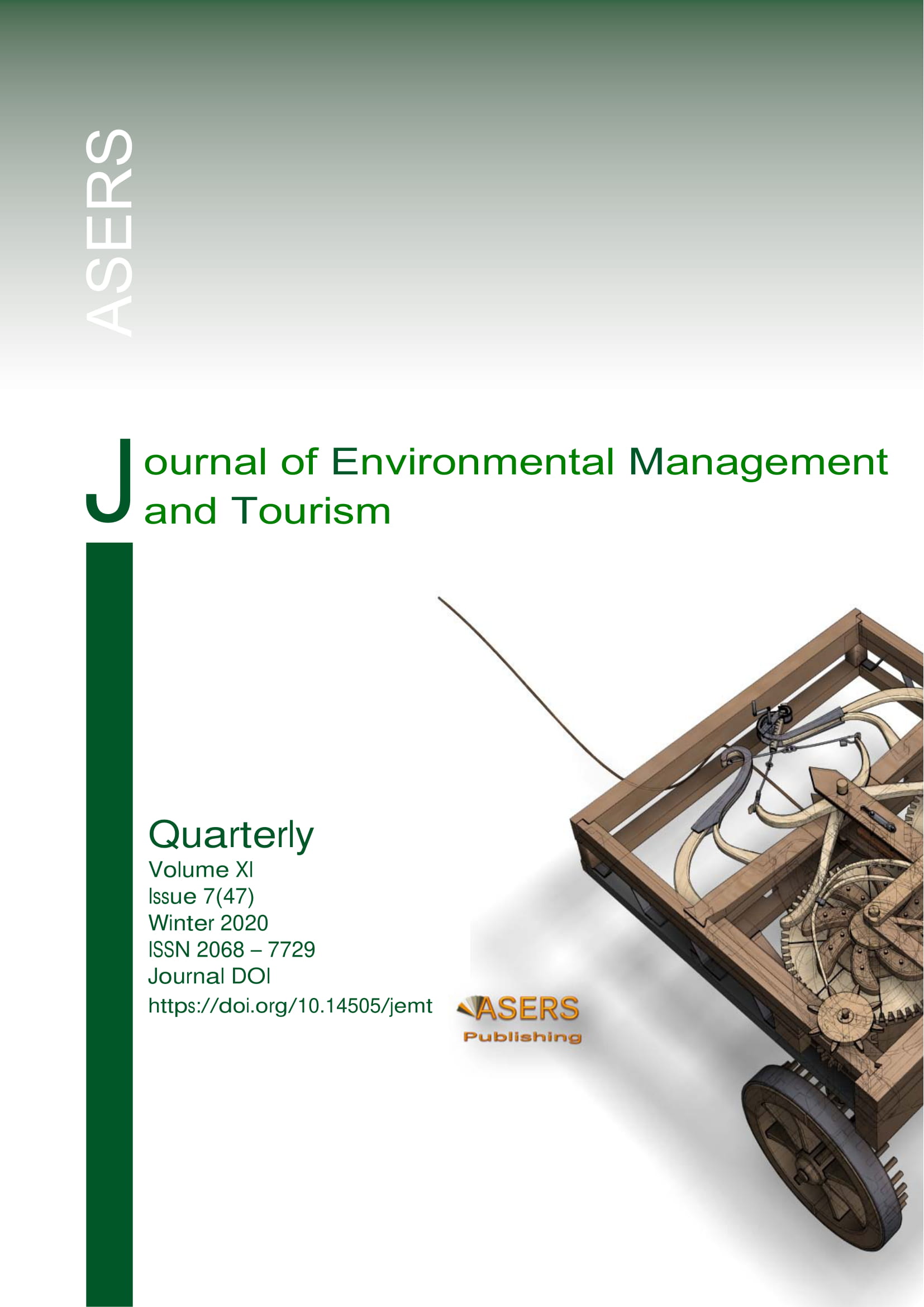Public Perception of the Main Constraints of Water Supply Shortage and the Availability of Water Supply Resources in Libya
Public Perception of the Main Constraints of Water Supply Shortage and the Availability of Water Supply Resources in Libya
Author(s): Jouda R. Jouda Hamad, Wan Zuhairi W. Yaakob, Abdelnasser OmranSubject(s): Economy, Business Economy / Management, Public Administration
Published by: ASERS Publishing
Keywords: water management; water supply shortages; environmental constraint; social constraint; Al Marj City; Libya.
Summary/Abstract: Water is a key driver of economic and social development. It also has a basic function in maintaining the integrity of the natural environment. Bearing in mind that water is only one of a number of vital natural resources, it is imperative that waterissues are not considered in isolation. Both public and private sector managers, have to make appropriate decisions on water allocation. Water shortage, which can extensively be comprehended as the absence of access to sufficient amounts of water for human and environmental uses. This study aims at investigating the technical, financial, environmental and social constraints that affect water supply shortages in the study area. The results and findings were based on the 359 survey questionnaires that were collected and analysed using Statistical Package Social Sciences (SPSS) version 22.0 and Analysis of Moment Structure (AMOS) Software version 16.0. Statistical analysis showed that all the Environmental, Technical and Financial research items were at the high and very high levels of acceptance and only all cultural research items were at a high level of acceptance. The empirical results of structural equation modeling (SEM) indicate that the water supply management model fit indicates that the factors of this work are convenient and reasonably contribute to the performance of the water supply management model in the study area. This study has a number of recommendations for achieving sustainable water management and solving water shortage problems within the Libyan cities, such as Al Marj.
Journal: Journal of Environmental Management and Tourism (JEMT)
- Issue Year: XI/2020
- Issue No: 07 (47)
- Page Range: 1857-1870
- Page Count: 14
- Language: English
- Content File-PDF

